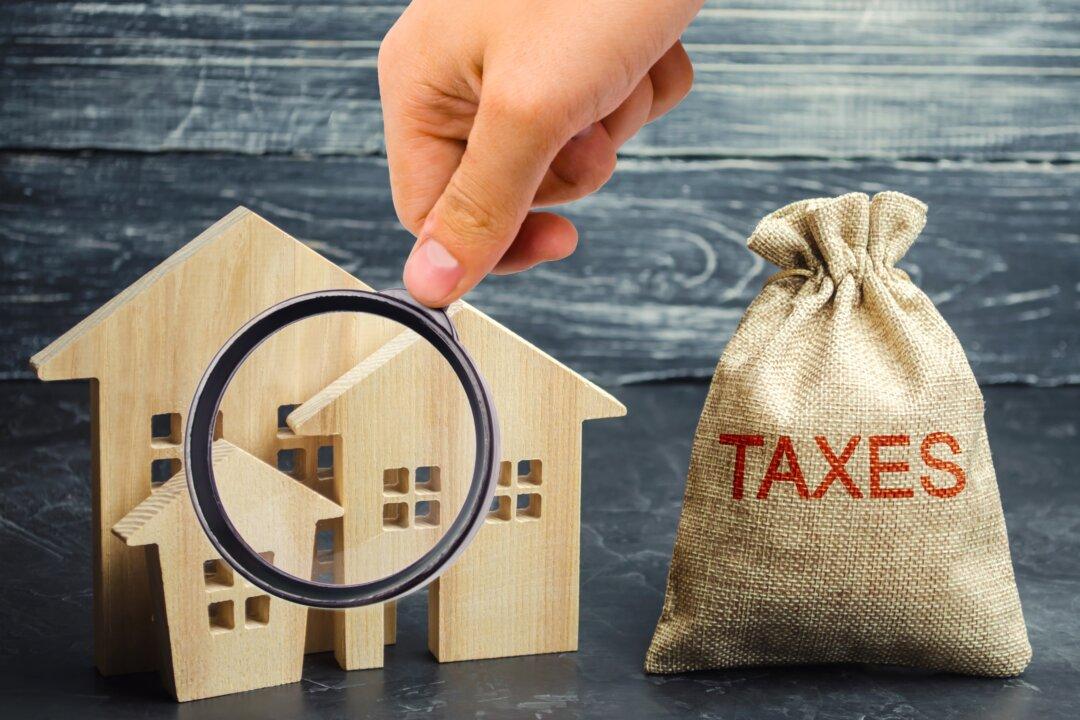Owning a second home can provide a great place to take a vacation, meet with family, or bring in an extra income when you rent it out. You may want it as an investment property to offer it as a beach house rental, a vacation rental, a summer rental, etc. Whatever your reason for it, you want to understand the tax implications before buying to help with tax planning.
The Uses of a Second Home
How you use the home determines the tax benefits you have available. Some rules will also affect what you can deduct. When you buy a second home, local laws may affect how you can use it. Bankrate mentions that in New York City, you cannot rent your home as an Airbnb unless you live in it for more than 30 days or rent it out for a minimum of that same time. Some areas will not let you rent a home for less than 90 days—and the renter must be pre-approved.A second home is a personal residence if you do not rent it out more than 14 days per year or live in it less than 10 percent of the days you rent it out. When rented out for more than 14 days, the Internal Revenue Service (IRS) considers it a rental home.






